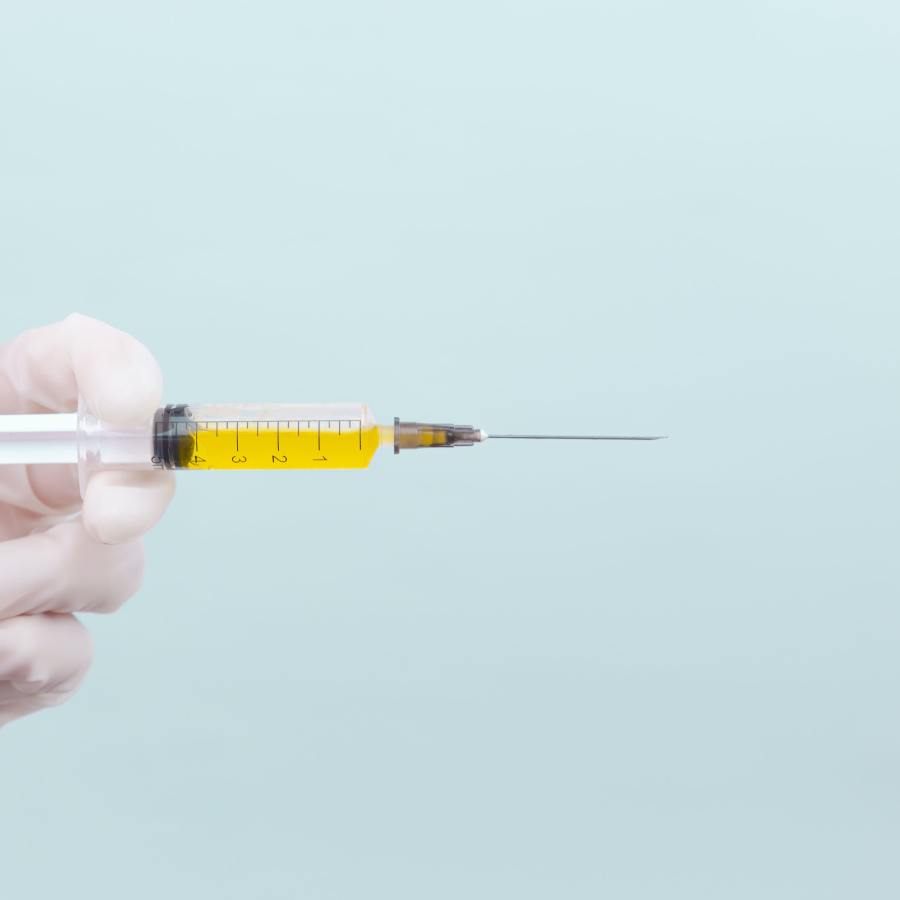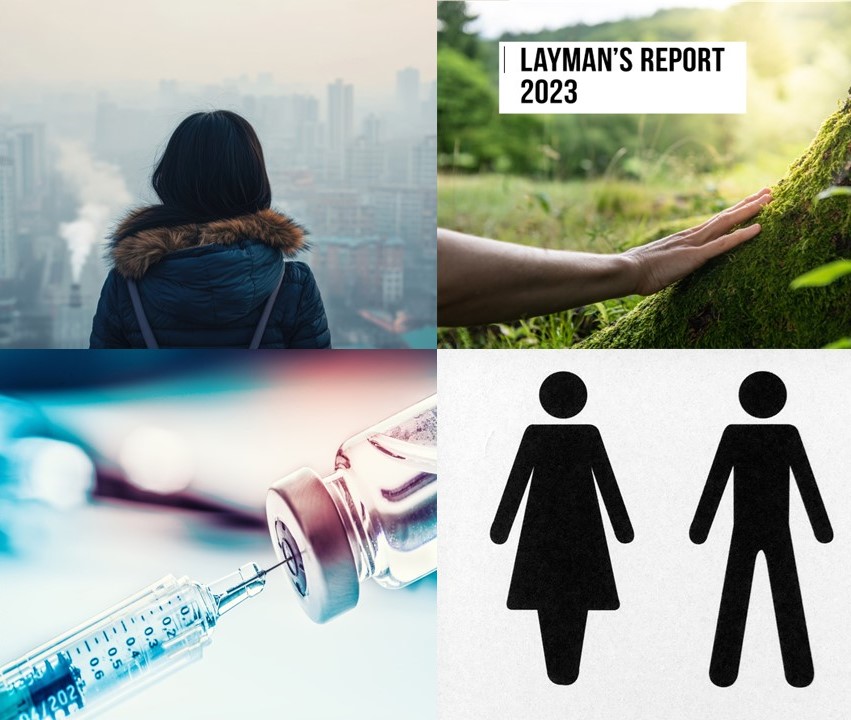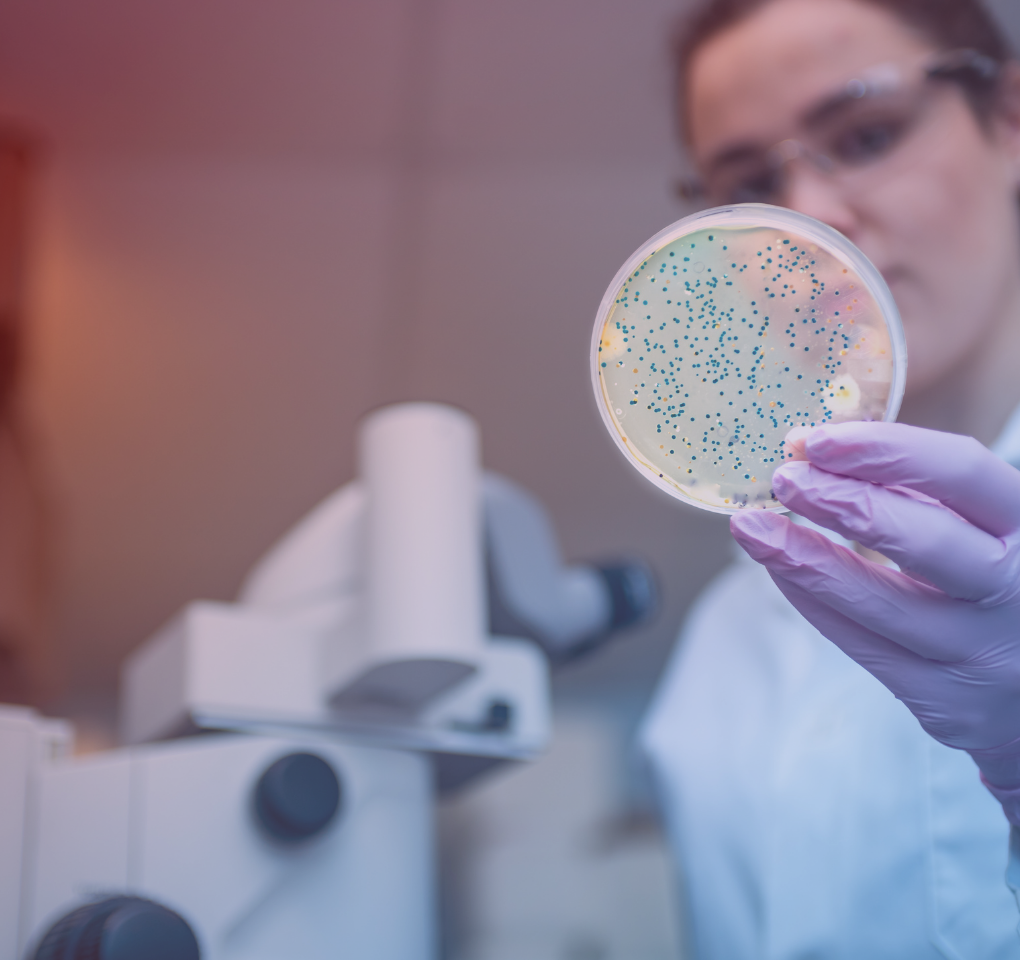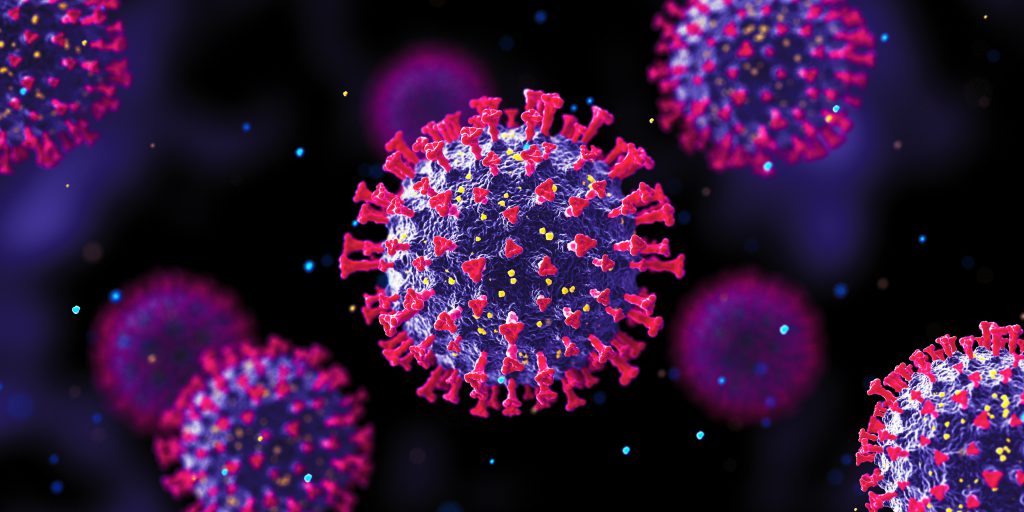Superimmunity: A defence mechanism against COVID-19?
17 May 2022

Studying immunity in real time
Why do some people seem to have greater immunity to COVID-19 than others?
Two years after the pandemic outbreak, researchers and scientists continue to look at the immune system’s defence mechanisms against the coronavirus and its variants. Why do some people seem to have greater immunity to COVID-19 than others? How is it that some individuals have been infected several times and others have managed to avoid the virus in the last two years?
Although there are usually individuals who can naturally mount a more effective immune response, a new study suggests that “superimmunity” may also be part of the answer. In this article, Professor Paul Wilmes, microbiologist at the Luxembourg Centre for Systems Biomedicine (LCSB) at the University of Luxembourg and spokesperson for Research Luxembourg’s COVID-19 Task Force, tells us what superimmunity is all about.
“Superimmunity, also called hybrid immunity, is built up by combining a full vaccination and an infection with COVID-19. Successive exposures to COVID-19 appear to be critical in the development of superimmunity.”
Prof. Paul Wilmes
He adds that the order of vaccination and infection seems to make little difference in this. So if a person had an infection first and then was vaccinated, it is possible that this superimmunity against COVID-19 would develop.
The science behind superimmunity
The reason some people build superimmunity is because of a certain type of white blood cell known as “memory B cells”. As part of our adaptive immune system, memory B cells are produced in response to a virus, whether from infection or vaccination. They can circulate in the blood for decades, ready to reactivate and trigger an antibody response the next time the person comes into contact with the virus. The more memory B cells a person has, the better protected they are against the virus. This is why a full vaccination against COVID-19 is so important.
Can superimmunity prevent Long COVID?
For millions of people around the world, the effects of COVID-19 infection extend far beyond the period of initial infection. In this context, could a strong immune response, in terms of superimmunity, prevent Long COVID? At this stage, researchers are not sure.

We still have a lot to learn about superimmunity and its possible preventive effect on Long COVID. What is clear, however, is that the symptoms of Long COVID rarely occur in fully vaccinated individuals. It is therefore reasonable to assume that the immunity conferred by superimmunity could have an even greater effect,
Prof. Paul Wilmes
© FNR / Rick Tonizzo
From pandemic to endemic?
Superimmunity is not a new phenomenon for researchers and scientists, but the pandemic provided an opportunity to take a closer look at it. Professor Wilmes explains: “It is suspected that superimmunity also exists in other infectious diseases. However, what we are observing with COVID-19 for the first time in human history is our ability to track immunity triggered by infection and vaccination in real time.”
Thus, Professor Wilmes suspects that superimmunity, given its apparent resilience, will contribute greatly to collective immunity.
“The emergence of superimmunity could be one of the signals that we are in transition from a pandemic to an endemic. Of course, there are many other factors that need to be taken into account, especially the continued evolution of the virus itself.”
Prof. Paul Wilmes
Professor Wilmes concludes, “By studying superimmunity, we are learning many things that could be very useful in understanding immunity in the context of other diseases and how pandemics eventually become endemic.”










